MEMPHIS, Tenn. (Live at 9) – Retired Judge Bernice Bouie Donald, a trailblazer in law, joins Live at 9 to discuss the honor of having a street named after her. She’s known for her historic firsts on the U.S. Bankruptcy, U.S. District and Sixth Circuit Courts. Watch to hear her words of wisdom for the next generation, as she sits down on the red couch with Kontji.
Scroll down for details on her ceremony, click the images in the photo gallery and read the stories of seminal moments in Donald’s amazing life.
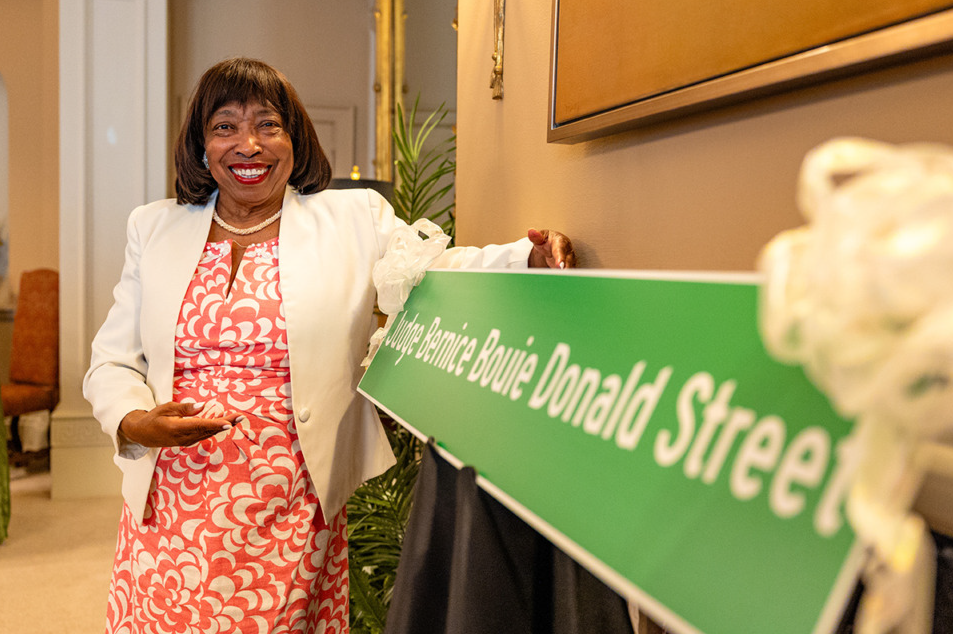
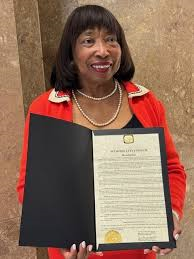
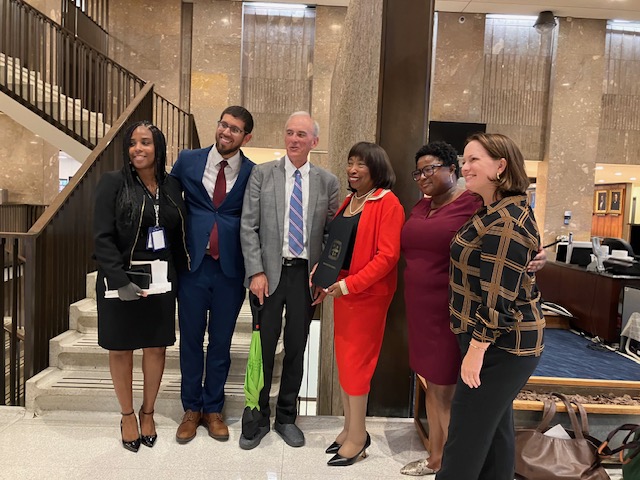

Historic Front Street Photo
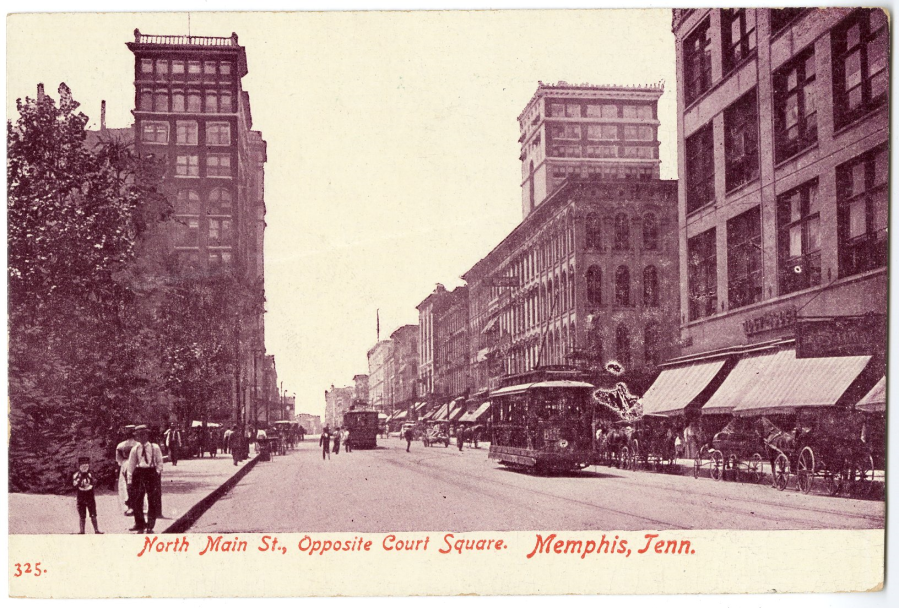
Historic Front Street Photo
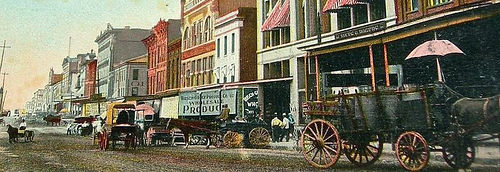
Historic Front Street Photo
The City of Memphis will officially dedicate a street in her honor during a ceremony on Saturday, October 19th, at 11:00 a.m. The event will be held at the Lower Ballroom of the Renasant Convention Center, and all are welcome to attend. It is worth noting that her street sign will be erected along the stretch of Front Street between Poplar Avenue and Beale Street known as ‘Cotton Row.’ The highly regarded judge was raised picking cotton in Mississippi.
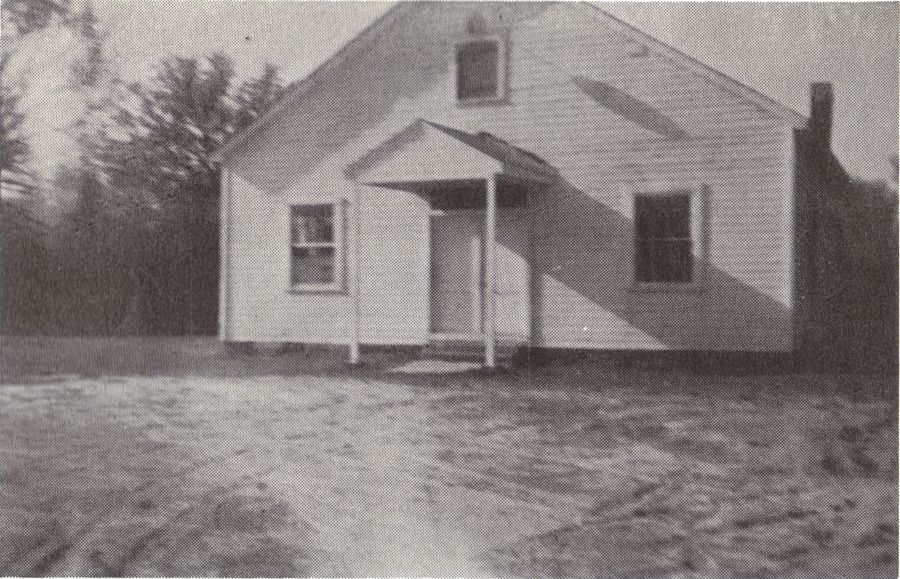
(1957 – 1959)
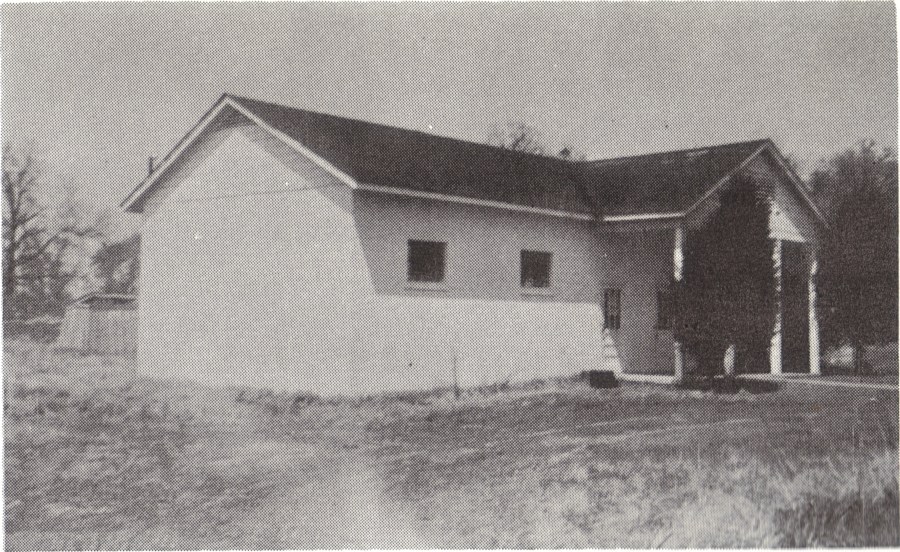

(1959 – 1967)
Upbringing and Early Education
Born in DeSoto County, Mississippi, in 1951, Judge Donald was raised in a family of ten children. Her mother worked as a domestic worker, and her father was a self-taught mechanic. Growing up during a time of segregation, she was one of the first African American students to integrate Olive Branch schools in Mississippi.
From 1957 until May 1959, Donald attended the Union School. It was a small, two-room cinderblock school assigned to African American children in the late 1950s. The school had no indoor plumbing, no toilets, no running water, and no cafeteria. It was heated by two gas heaters, one in each room where grades one and two were taught in one room, while grade three was in the second room.
In 1959, Mississippi built a new school for African American children, many of whom had been attending makeshift schools like Union or church buildings across north Mississippi. The new school, East Side High School, served students in grades one through 12. It was a de facto segregated school, adhering to the “separate but equal” doctrine established by Plessy v. Ferguson. Donald attended East Side High until May 1967.
Following pressure from the federal government, Mississippi implemented the “choice” plan, allowing Black students to enroll in previously all-white schools. In August 1967, Donald, along with three classmates, enrolled at Olive Branch High School, which had begun allowing African American elementary students to attend the previous year. Donald graduated from Olive Branch High School as an honor roll student in 1967.
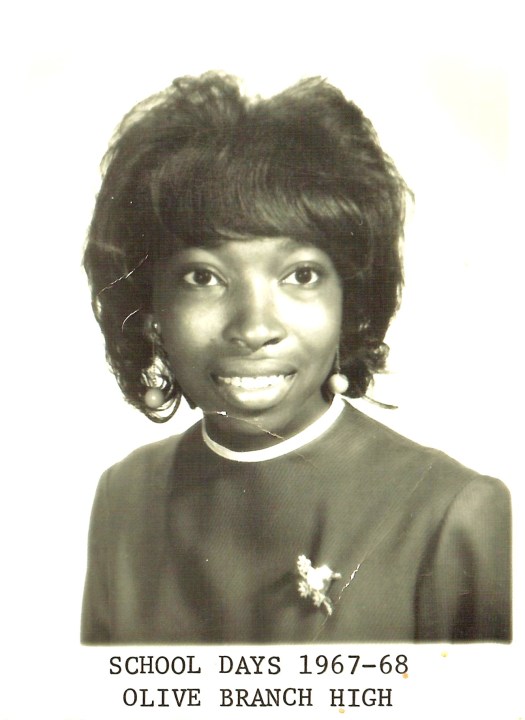

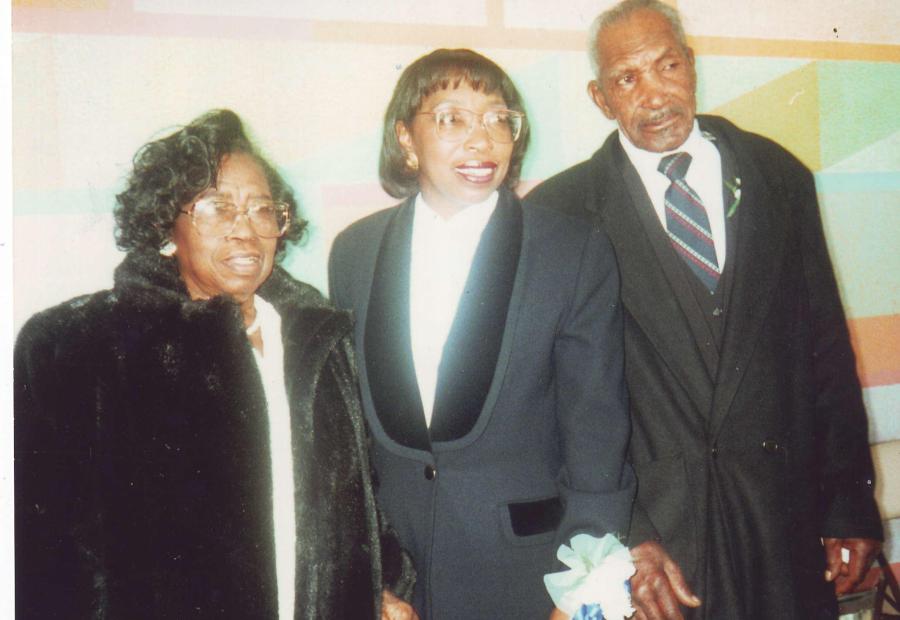
(Mr. & Mrs. Bowie)
Pursuing Higher Education Against the Odds
Though a school policy prevented her from knowing she had earned scholarships, Donald was determined to pursue a college education. She enrolled in then Memphis State University – now the University of Memphis – in 1969, paying her own way through college by working at Bell Telephone and taking out loans. She became a first-generation college graduate earning her undergraduate degree in 1974, and entered the law program at the University of Memphis, balancing night classes and work. Donald graduated with her Juris Doctor in 1979.
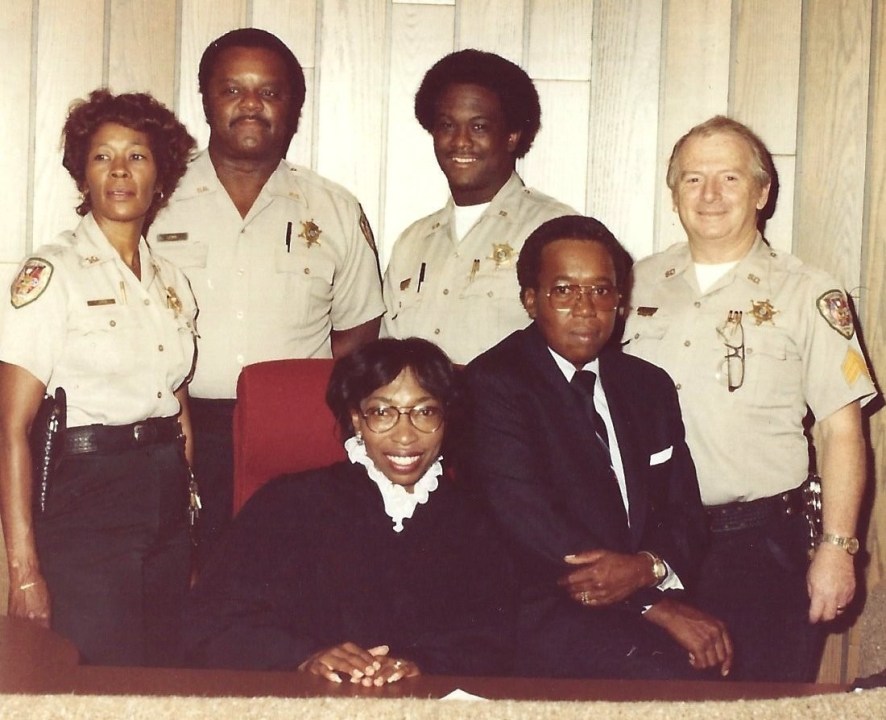
General Session Court
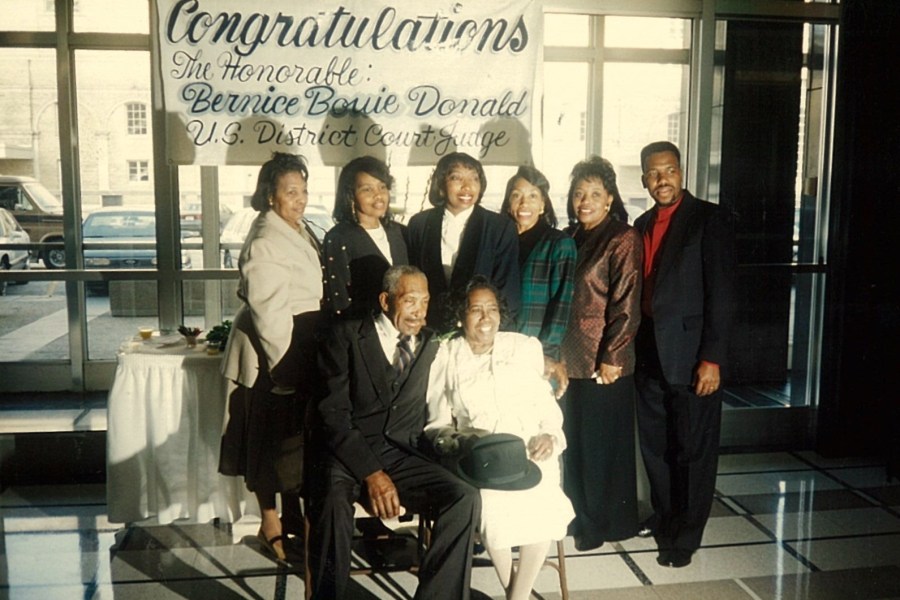
Ceremony and Family

Early Legal Career
Donald began her legal career in Memphis. From 1980 to 1982, she served as a staff attorney for Memphis Area Legal Services, working with those who could not afford legal representation. Her passion for civil rights and advocacy for the underserved became the hallmark of her career.
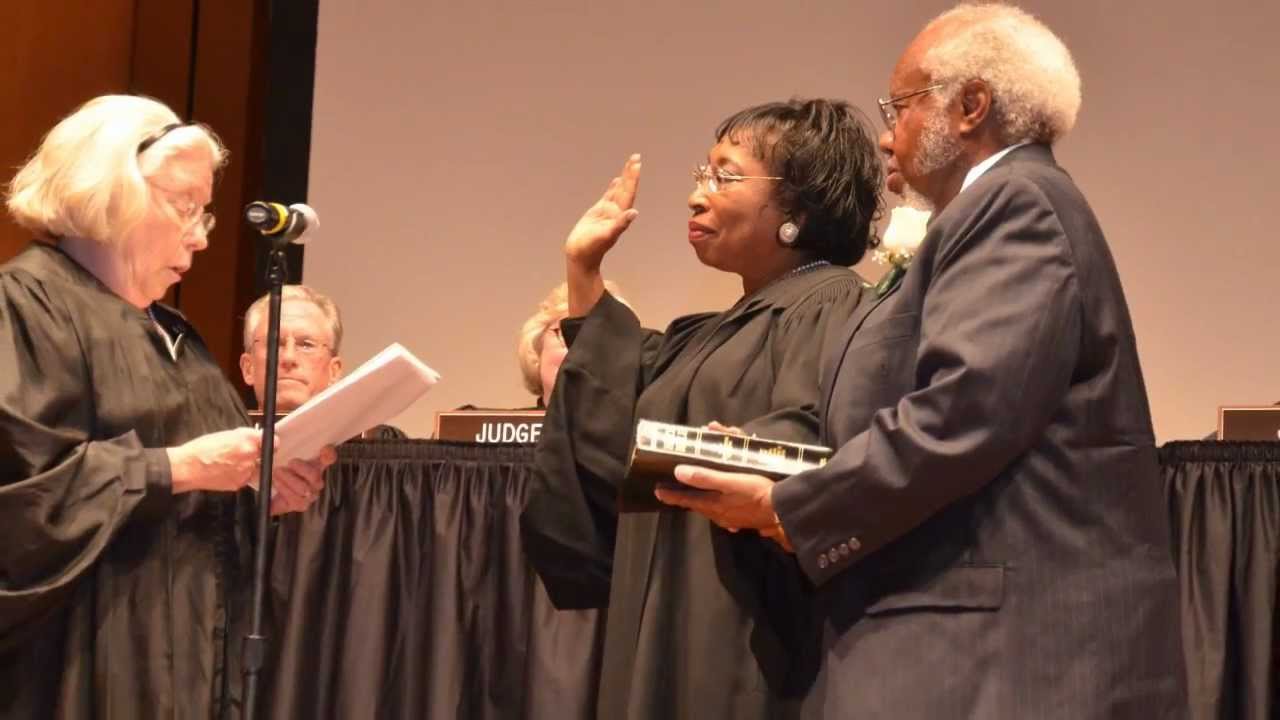
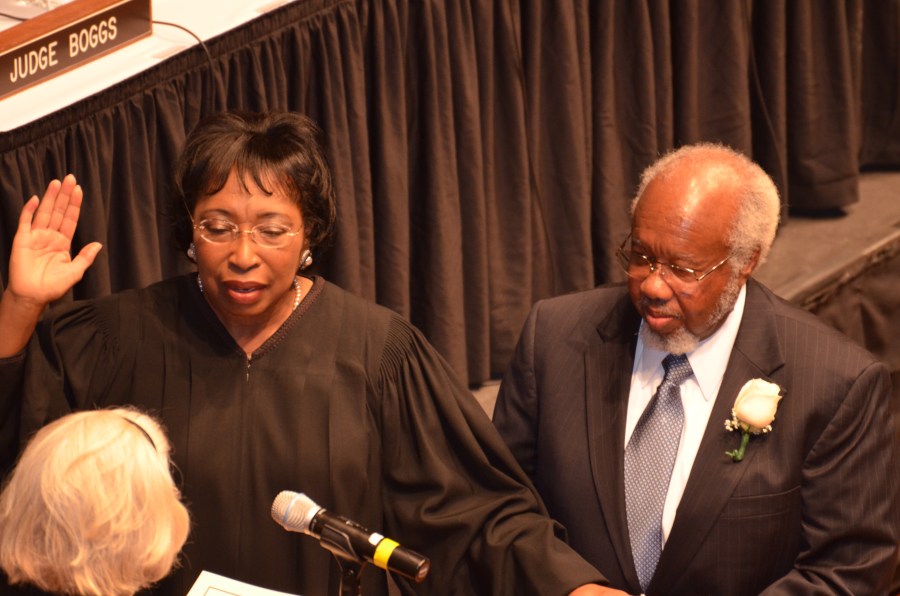
Historic Appointment as U.S. Bankruptcy Judge
Following her success in Tennessee, Donald continued to break new ground. In 1988, she became the first African-American woman in the United States to serve as a bankruptcy judge when she was appointed to the U.S. Bankruptcy Court for the Western District of Tennessee. Her time in this position was marked by a deep commitment to fairness and a passion for bankruptcy law.
First African American Female U.S. District Judge in Tennessee
In 1995, President Bill Clinton appointed Judge Donald to the U.S. District Court for the Western District of Tennessee, making her the first African American woman to hold that position. Donald excelled in this role, handling a wide range of cases and gaining a reputation for her thoughtful approach to the law and her strong presence in the courtroom.
Trailblazing on the U.S. Court of Appeals for the Sixth Circuit
In 2010, President Barack Obama nominated Judge Donald to serve on the U.S. Court of Appeals for the Sixth Circuit. After a swift confirmation process, she became the first African American woman to serve on the Sixth Circuit. Her tenure on this influential court has been marked by her commitment to justice, her ability to consider multiple perspectives, and her willingness to address complex legal issues with clarity and fairness.
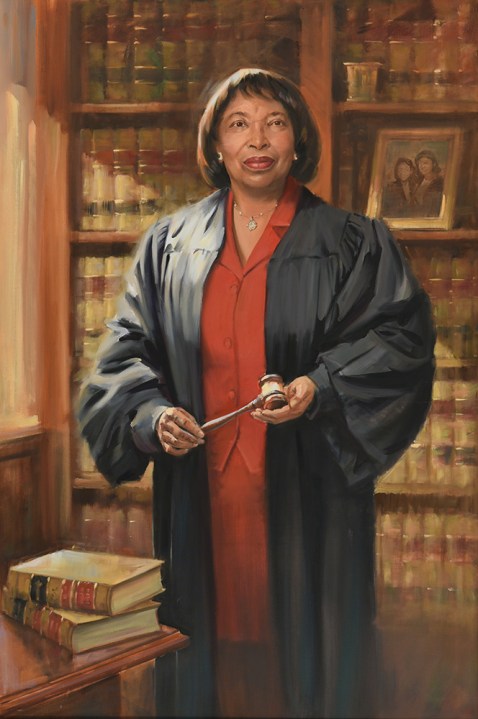
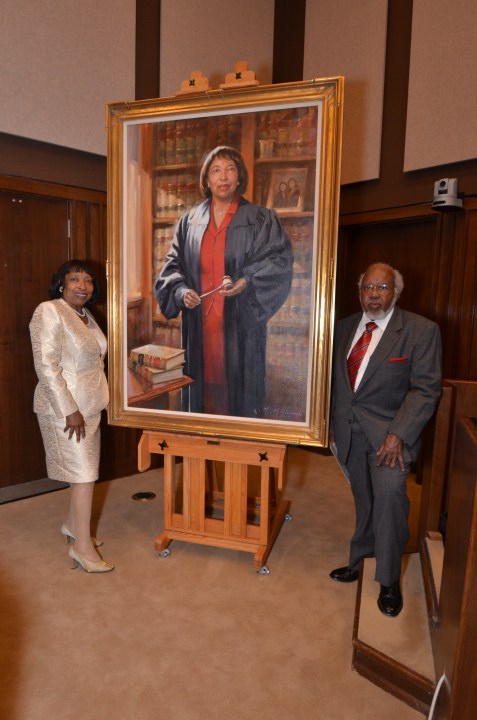
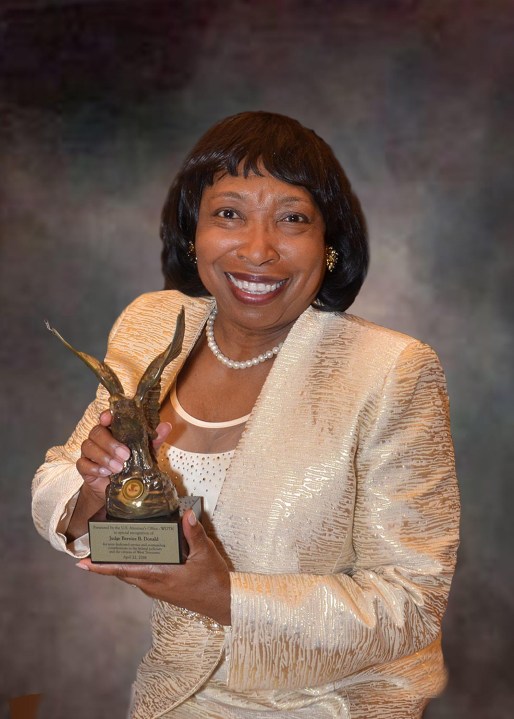
Legacy of Mentorship and Advocacy
Throughout her career, Judge Donald has remained deeply committed to mentoring young attorneys and advocating for greater access to justice. She has taught at law schools, judged moot court competitions, and given talks around the world, sharing her knowledge and inspiring the next generation of legal professionals. Her leadership within the American Bar Foundation and her work on issues such as implicit bias have further expanded her influence beyond the courtroom.
Judge Donald’s influence extends internationally. She has lectured in countries such as Russia, Romania, and South Africa, sharing her legal expertise globally. Domestically, she’s actively involved in organizations like the American Bar Association, 4-Life, a youth skills enrichment program she co-founded.


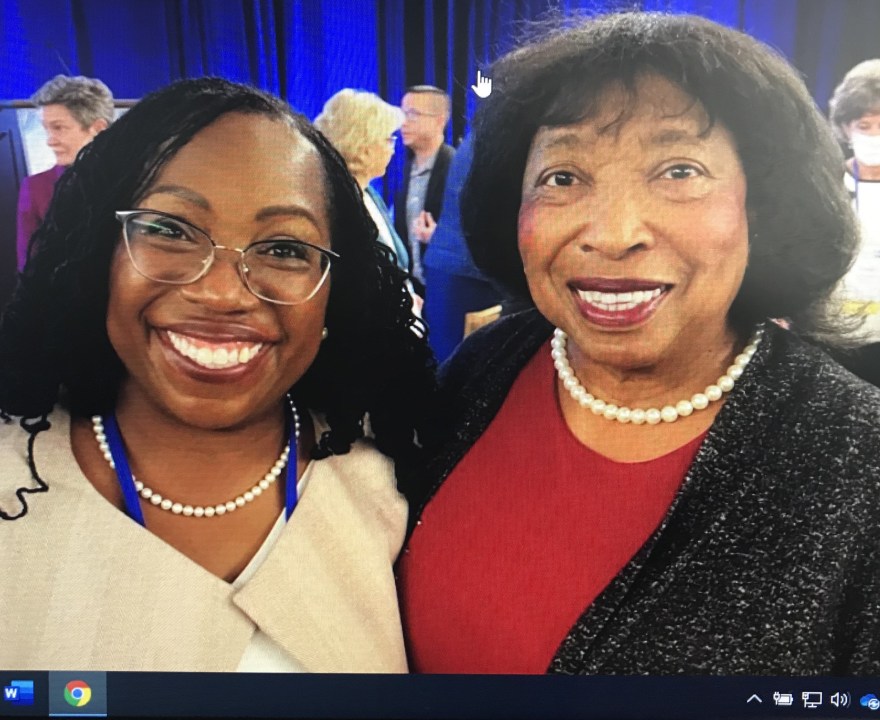
and Judge Donald

and Judge Donald
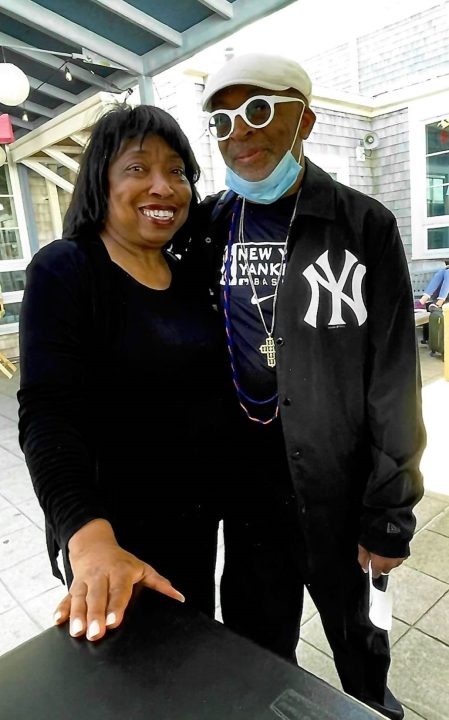

and Judge Donald
Awards and Accolades
Judge Bernice Bouie Donald has received more than 100 prestigious awards throughout her career, including the Thurgood Marshall Award, the Margaret Brent Women Lawyers of Achievement Award, and the Sandra Day O’Connor Award for Professional Excellence. Below is just 10 of the awards she has received throughout her storied career:
- Thurgood Marshall Award – American Bar Association
- Margaret Brent Women Lawyers of Achievement Award – American Bar Association
- Spirit of Excellence Award – American Bar Association
- Sandra Day O’Connor Award for Professional Excellence – American Inns of Court
- William H. Hastie Award – Judicial Council of the National Bar Association
- Liberty Achievement Award – American Bar Association Tort Trial & Insurance Practice Section
- Distinguished Alumni Award – University of Memphis Cecil C. Humphreys School of Law
- Trailblazer Award – National Association of Women Judges
- National Association of Women Judges Mattie Belle Davis Award – Recognizing her contributions to the legal field and commitment to gender equality
- Spirit of Excellence Award – American Bar Association’s Commission on Racial and Ethnic Diversity in the Profession
In addition to her professional accomplishments, Donald is deeply rooted in her community, serving as a member of Zeta Phi Beta Sorority and Greater Middle Baptist Church.
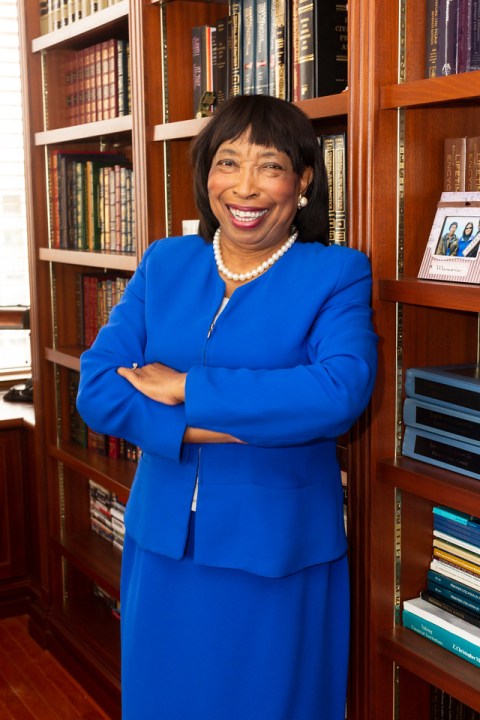

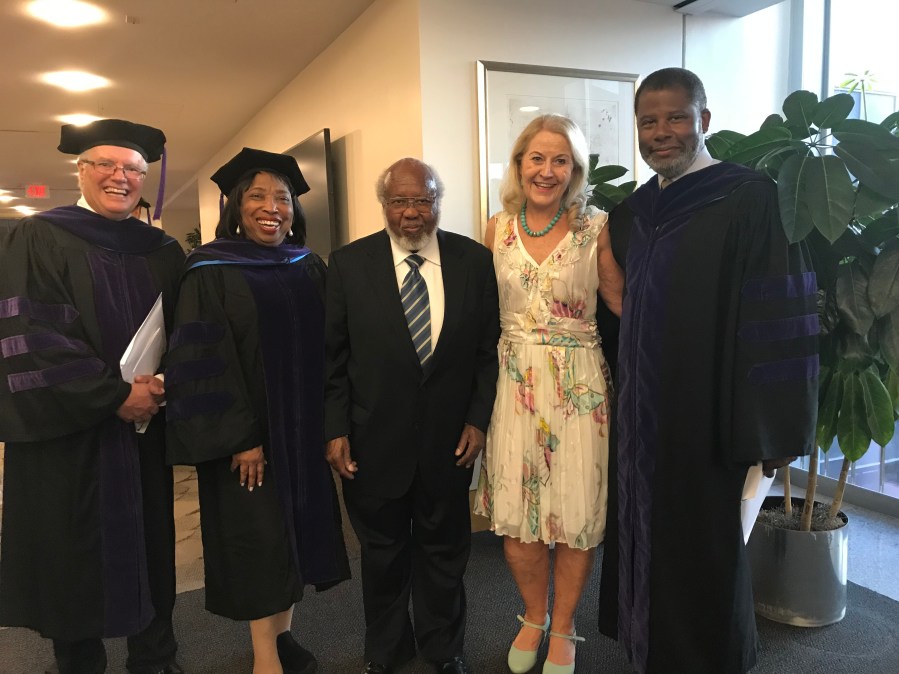
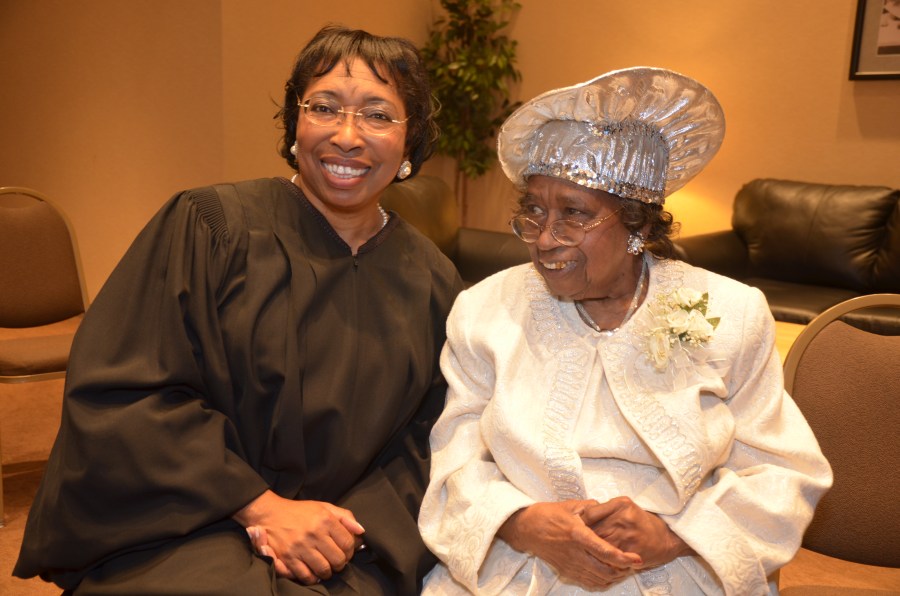
Life After the Bench
In October 2022, shortly before retirement, Judge Bernice Donald co-edited the book Extending Justice: Strategies to Increase Inclusion and Reduce Bias. This work offers practical strategies for reducing bias and promoting inclusion across various fields, including law, healthcare, education, and artificial intelligence.
Now retired as a judge, Donald is a practicing attorney at the Burch, Porter & Johnson law firm. She continues to inspire with her wisdom and dedication to public service, making her upcoming street naming a fitting tribute to her lifetime of achievements. Her life and career, grounded in faith and service, embody her motto: “Each day is a gift from God — the service that we render is our gift to God.”












